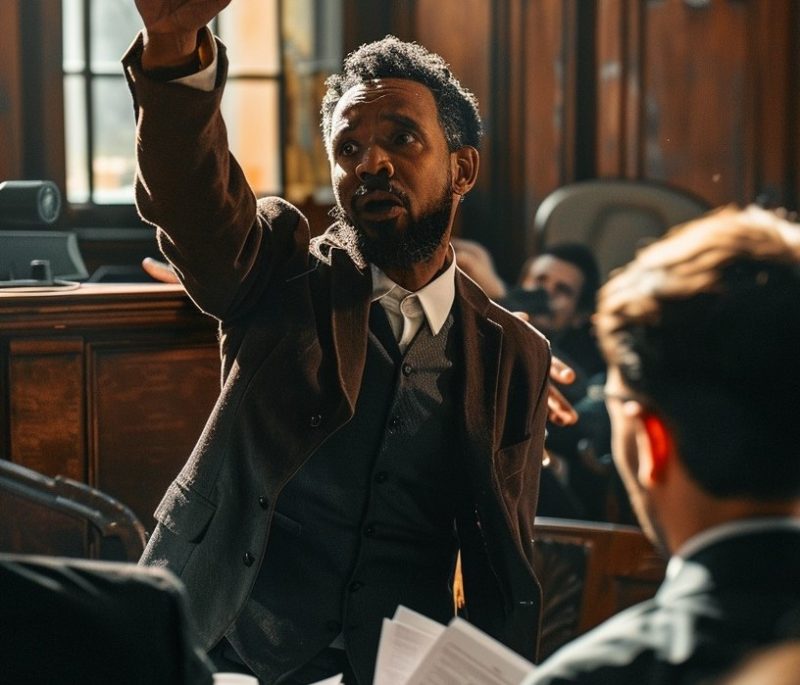Bhalchandra Namdeo Shinde vs State of Maharashtra: Why the Bombay High Court Overturned a Murder Conviction
In 1996, Mahesh Shivaji Jadhav was found dead in a field in Chewri village, Osmanabad district. The police arrested Bhalchandra Namdeo Shinde, suspecting him of murder. The prosecution claimed that Shinde killed Jadhav out of jealousy, suspecting an affair between Jadhav and Shinde’s wife, Jaishree. A Sessions Court convicted Shinde under Section 302 of the Indian Penal Code and sentenced him to life imprisonment. Shinde appealed the conviction.
Table of Contents
ToggleWhy the High Court Reversed the Conviction
1. Inadmissible Spousal Communication
A key part of the prosecution’s case was Jaishree’s testimony about a conversation with her husband, where he allegedly expressed intent to kill Jadhav. However, the Bombay High Court ruled this communication inadmissible under Section 122 of the Indian Evidence Act, which protects private spousal communications unless both parties consent to disclosure. While Jaishree’s observations of her husband’s actions were admissible, the court found that these alone were insufficient to prove guilt beyond a reasonable doubt.
2. Flawed Weapon Recovery
The prosecution presented a blood-stained weapon (Kookari) allegedly recovered based on Shinde’s disclosure. The court noted several issues:
- The seizure memo did not mention blood on the weapon at the time of recovery.
- There was no evidence that the weapon was properly sealed to prevent tampering.
- The weapon was recovered 10 days after Shinde’s arrest, with no explanation for the delay.
These lapses raised doubts about the integrity of the evidence.
3. Unreliable Eyewitness Testimony
An eyewitness, Zumbar, claimed to have seen the murder. However, his statement was recorded five days after Shinde’s arrest, with no explanation for the delay. The court found inconsistencies between Zumbar’s account and the medical evidence, such as the location of injuries on the body, which did not match his description of the attack. The court concluded that Zumbar’s testimony was unreliable.
The Verdict
Considering the inadmissible spousal communication, flawed weapon recovery, and unreliable eyewitness testimony, the Bombay High Court found that the prosecution failed to prove Shinde’s guilt beyond a reasonable doubt. The court overturned the conviction and ordered Shinde’s release.
Key Takeaways
- Spousal Communications: Private conversations between spouses are protected under Section 122 of the Indian Evidence Act and generally cannot be used as evidence without consent.
- Evidence Handling: Proper procedures must be followed when collecting and preserving evidence to ensure its integrity.
- Eyewitness Testimony: Delays and inconsistencies in eyewitness accounts can undermine their credibility.
This case underscores the importance of adhering to legal standards in criminal investigations and trials to uphold justice.



